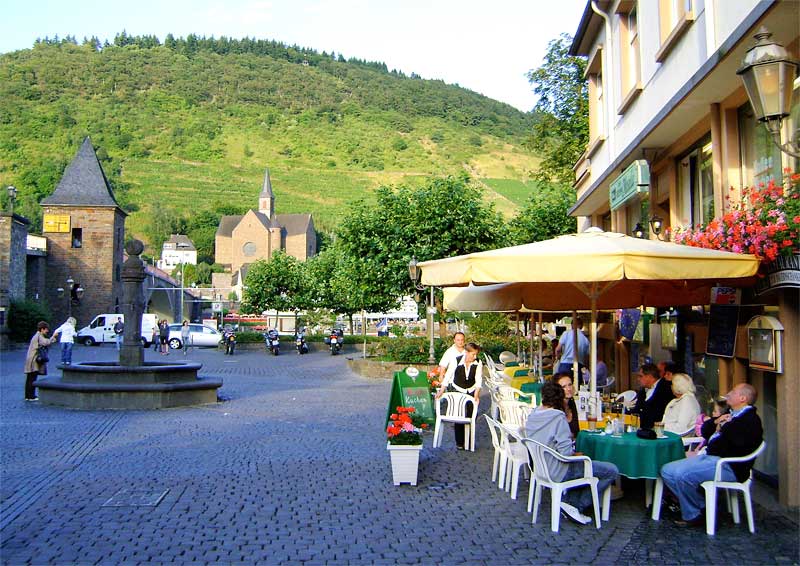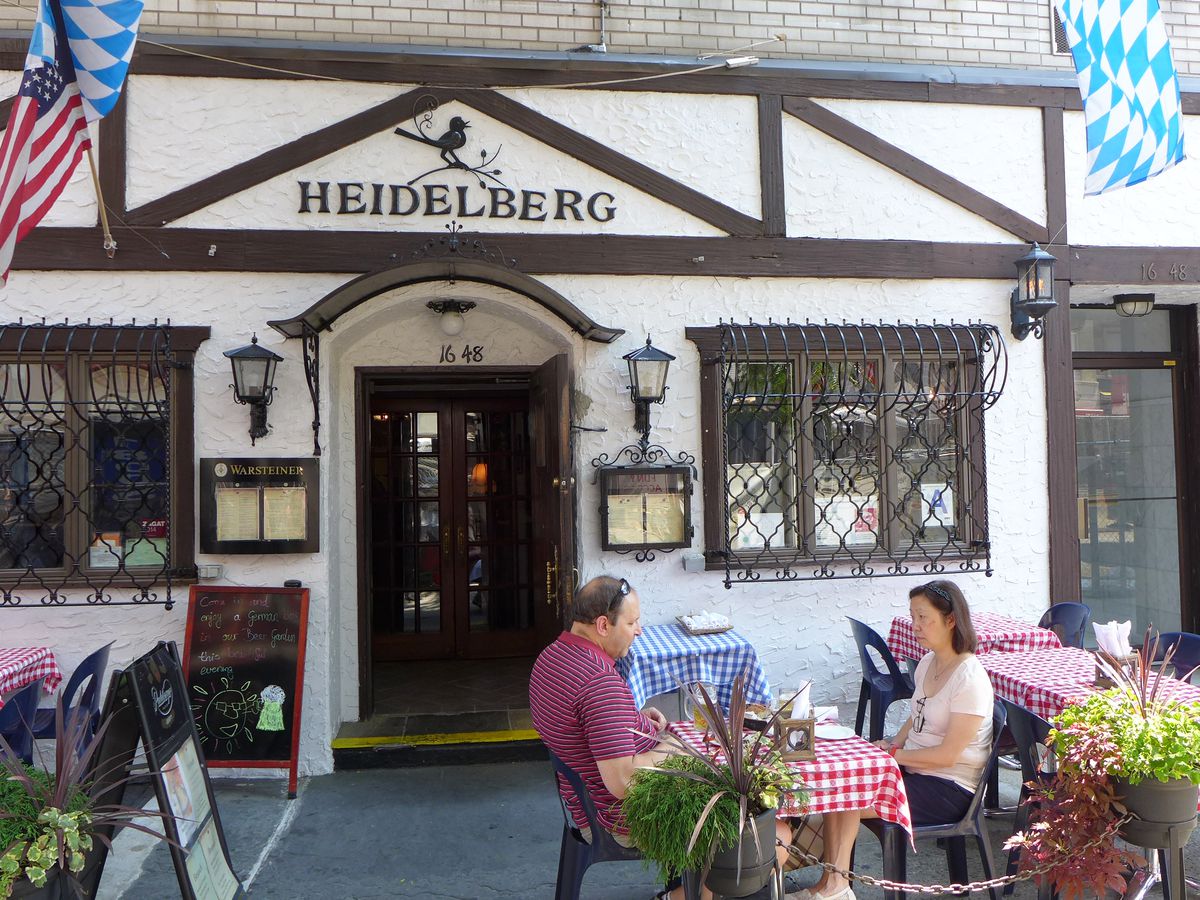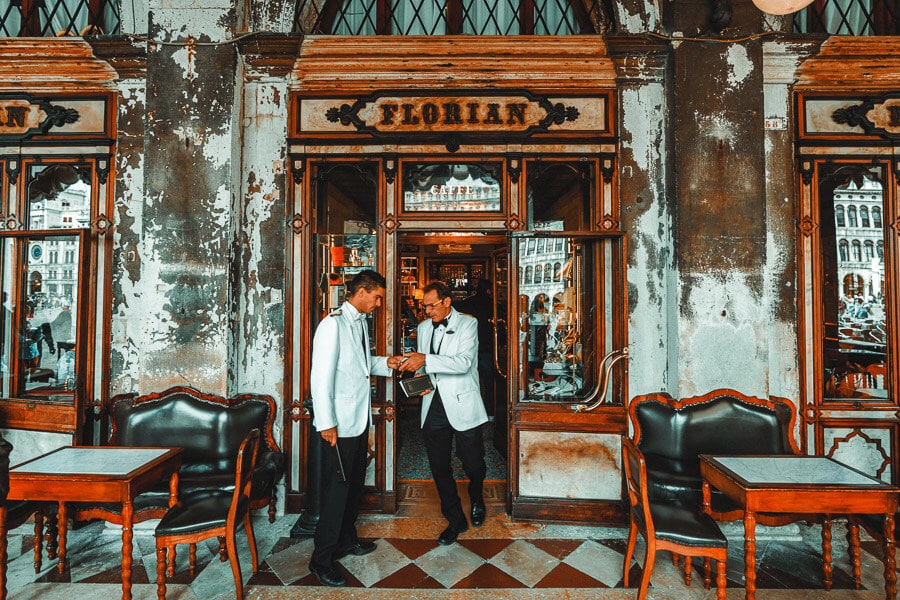German Cafés: A Blend of Tradition and Modern Coffee Culture
German cafés are a delightful fusion of tradition and modernity, reflecting the country's rich cultural heritage and contemporary lifestyle. From the classic charm of traditional coffee houses to the innovative spirit of modern espresso bars, Germany offers a diverse café scene that caters to all tastes. In cities like Berlin, Munich, and Hamburg, as well as in smaller towns and villages, cafés provide inviting spaces where people come together to enjoy coffee, conversation, and community.

Traditional German coffee houses, known as “Kaffeehäuser,” have a long history as social and cultural hubs. These establishments often feature elegant interiors with cozy seating, where patrons can savor a leisurely coffee accompanied by an array of delicious cakes and pastries. Specialties such as Black Forest cake (Schwarzwälder Kirschtorte) and apple strudel (Apfelstrudel) are popular treats that highlight Germany’s baking traditions. In these settings, the emphasis is on relaxation and indulgence, making them perfect for enjoying a quiet afternoon or catching up with friends.

On the other hand, Germany’s modern coffee culture is vibrant and dynamic, influenced by global trends and a growing appreciation for specialty coffee. Urban areas are home to a new wave of coffee shops that prioritize high-quality beans, sustainable sourcing, and expert brewing techniques. These contemporary cafés often feature minimalist designs, open spaces, and a focus on craftsmanship, offering everything from expertly pulled espressos to creative lattes and cold brews. This modern approach has helped Germany gain recognition in the international coffee scene, attracting coffee enthusiasts from around the world.
Pros:
- Rich variety of café experiences, from traditional coffee houses to modern espresso bars.
- High-quality coffee and delectable pastries that showcase German culinary traditions.
- Cafés serve as social and cultural hubs, fostering community and creativity.
Cons:
- Popular cafés can be busy, especially in major cities.
- Prices at specialty coffee shops can be higher than average.
- Limited café options in rural areas compared to urban centers.
